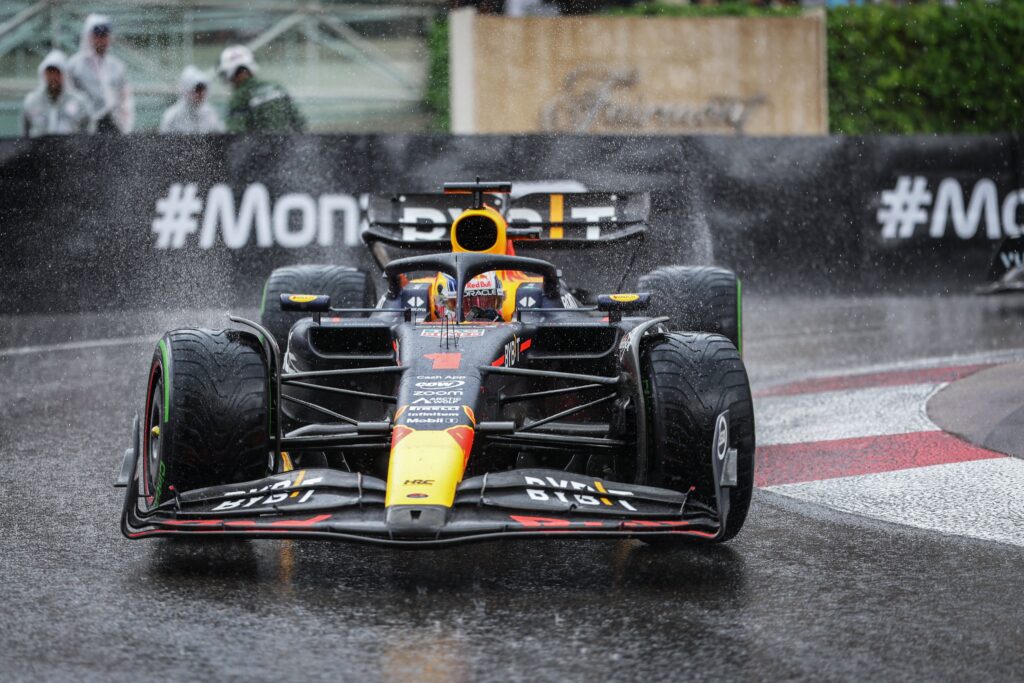The delayed start to the Belgian Grand Prix due to wet weather has sparked strong reactions within the Formula 1 paddock, with Max Verstappen criticising the decision as unnecessary and frustrating for both drivers and fans. The race was pushed back by over an hour following a heavy downpour at Spa-Francorchamps, one of the fastest and most challenging circuits on the calendar.
Verstappen, a strong wet-weather performer, believed the conditions were manageable and the delay unwarranted. According to the Red Bull driver, the race should have started on time, noting that apart from some standing water between turn one and five, most of the track was in racing condition. He insisted that a few laps behind the safety car would have cleared enough spray to begin safely.
Frustrated with the FIA’s conservative approach, Verstappen expressed disappointment at what he sees as a loss of the sport’s traditional edge. “You will never see these classic kind of wet races any more,” he lamented, pointing out that modern decisions often strip away the unpredictability and challenge that once defined Formula 1.
However, his opinion wasn’t universally shared. George Russell, a director of the Grand Prix Drivers’ Association, defended the decision to delay the start. He stressed the extreme danger posed by limited visibility at high speeds, particularly coming through the treacherous Eau Rouge section. Driving without clear visibility at over 200 mph, he said, is not racing but “stupidity.”
Russell also emphasized that the FIA made a logical decision based on weather forecasts, which predicted improving conditions later in the afternoon. With a dry track expected from 4pm, waiting ensured a safer environment for drivers without compromising too much on race quality.
Other drivers, including Oscar Piastri and Charles Leclerc, supported the FIA’s cautious stance. Piastri went on to win the race in dominant fashion, while Leclerc stayed in contention throughout.
Interestingly, Lewis Hamilton echoed Verstappen’s view, suggesting the delay benefited those with dry setups rather than wet ones like his. He argued the race became too dry too quickly, and the delay nullified strategic advantages some teams had prepared for.
The clash of opinions highlights the ongoing tension between safety, spectacle, and the evolving identity of Formula 1.

